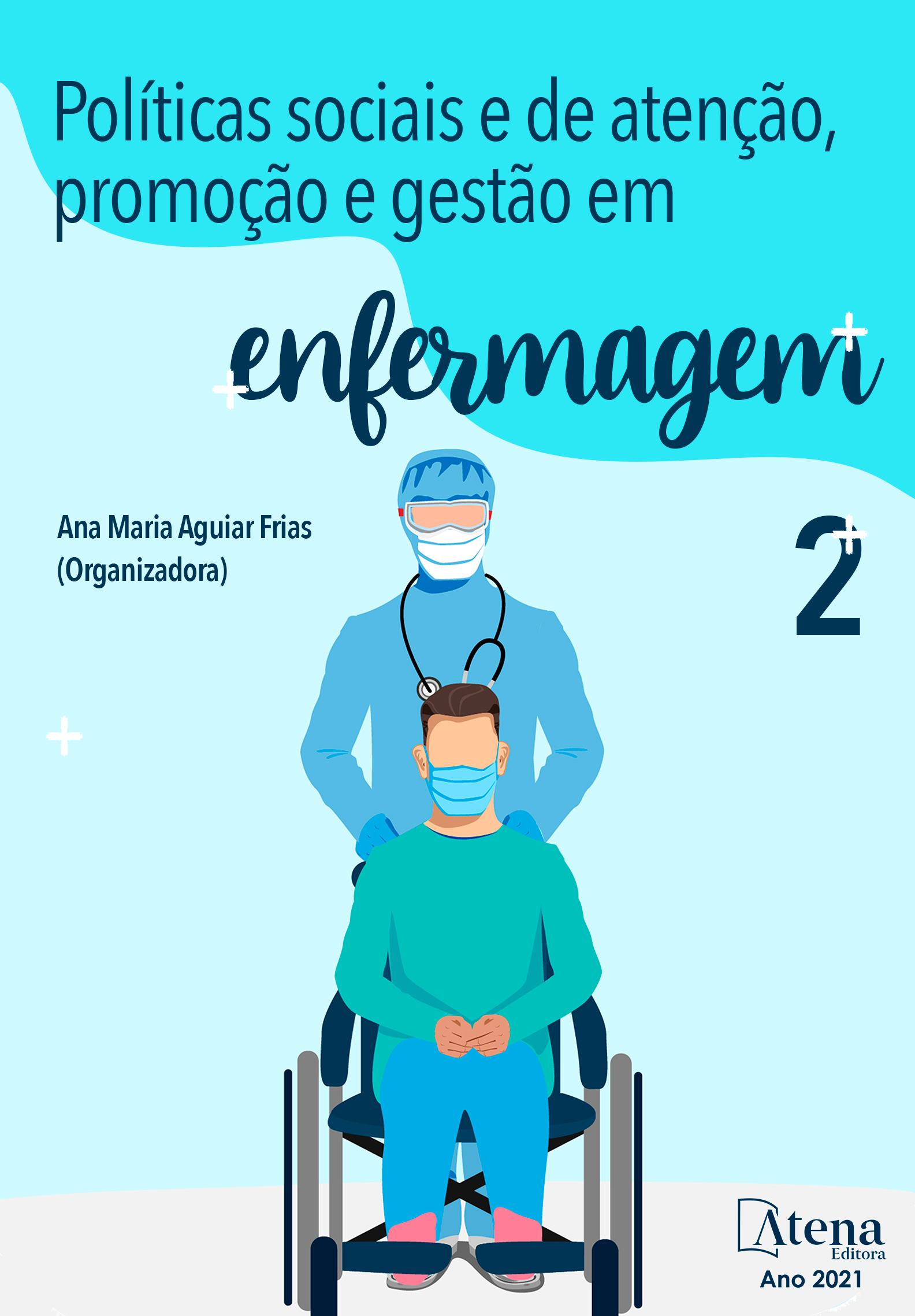
PRÁTICAS INTEGRATIVAS E COMPLEMENTARES EM SAÚDE COMO INSTRUMENTOS DE HUMANIZAÇÃO NA GESTÃO DO TRABALHO E EDUCAÇÃO NA SAÚDE
Introdução: Esta experiência apresenta as Práticas Integrativas e Complementares em Saúde (PICS) como instrumentos de Humanização na Gestão do Trabalho e Educação na Saúde. As práticas foram implantadas como uma estratégia de humanização em 2017, tendo como princípios a gestão e o cuidado à saúde. Relato de experiência: Destaca-se o município, onde foi realizada a experiência, como o primeiro da Região de Saúde a implantar as PICS no Sistema Público. Para que a gestão municipal viabilizasse a implantação de ações dos serviços, foi necessário um processo com algumas fases: elaboração do plano para implantação, submissão do plano ao Conselho Municipal de Saúde, inserção nos instrumentos de gestão, mapeamento dos profissionais capacitados existentes; sensibilização da rede municipal de saúde e comunidade local, atividades de educação na saúde, avaliação e monitoramento. Nesse sentido, as práticas se constituíram como instrumentos de gestão em saúde para proporcionar mais acolhimento, aproximação com o paciente e ordenação do sistema a partir da Gestão do Trabalho. Foram realizadas as seguintes práticas: Aromaterapia, Automassagem, Constelação Familiar, Constelação Organizacional, Cromoterapia, Meditação, Reiki e Yoga, totalizando mais de 7.680 horas de ações voltadas para desenvolvimento humano e profissional através das PICS. Houve o pioneirismo da implantação do 1º Núcleo de PICS na região de saúde e na realização do 1º Encontro de PICS do Vale do Jequitinhonha. Conclusão: As práticas abrangem a humanização através da construção de um cuidado continuado e integral, por meio de vivências para o autoconhecimento, escuta acolhedora, desenvolvimento de vínculo terapêutico e a integração do ser humano com o meio em que vive, de forma colaborativa. O processo saúde-doença é visto de forma ampliada e visa a promoção global do cuidado e, principalmente, do estímulo ao autocuidado, da gestão, dos colaboradores e dos usuários.
PRÁTICAS INTEGRATIVAS E COMPLEMENTARES EM SAÚDE COMO INSTRUMENTOS DE HUMANIZAÇÃO NA GESTÃO DO TRABALHO E EDUCAÇÃO NA SAÚDE
-
DOI: 10.22533/at.ed.9312113085
-
Palavras-chave: Práticas Integrativas e Complementares; Humanização; Gestão do Trabalho; Educação na Saúde.
-
Keywords: Integrative and Complementary Practices; Humanization; Work Management; Health Education.
-
Abstract:
Introduction: This experience presents the Integrative and Complementary Practices in Health (PICS) as instruments of Humanization in the Management of Work and Health Education. The practices were implemented as a humanization strategy in 2017, having as principles the management and health care . Experience report: The municipality, where the experiment was carried out, stands out as the first in the Health Region to implement PICS in the Public System. In order for the municipal management to make the implementation of services actions viable, a process with some phases was necessary: elaboration of the plan for implementation, submission of the plan to the Municipal Health Council, insertion in the management instruments, mapping of the existing trained professionals; awareness of the municipal health network and local community, health education activities, evaluation and monitoring. In this sense, the practices were constituted as instruments of health management to provide more welcome, approximation with the patient and ordering of the system based on Work Management. The following practices were carried out: Aromatherapy, Automassage, Family Constellation, Organizational Constellation, Chromotherapy, Meditation, Reiki and Yoga, totaling more than 7,680 hours of actions focused on human and professional development through PICS. There was a pioneer in the implementation of the 1st PICS Nucleus in the health region and in the holding of the 1st PICS Meeting in the Jequitinhonha Valley. Conclusion: The practices include humanization through the construction of continuous and integral care, through experiences for self-knowledge, welcoming listening, development of a therapeutic bond and the integration of the human being with the environment in which they live, in a collaborative way. The health-disease process is seen in a broader way and aims at the global promotion of care and, mainly, the encouragement of self-care, management, employees and users.
-
Número de páginas: 15
- Glaubert Gomes de Souza
- Luiza Costa Tanure


